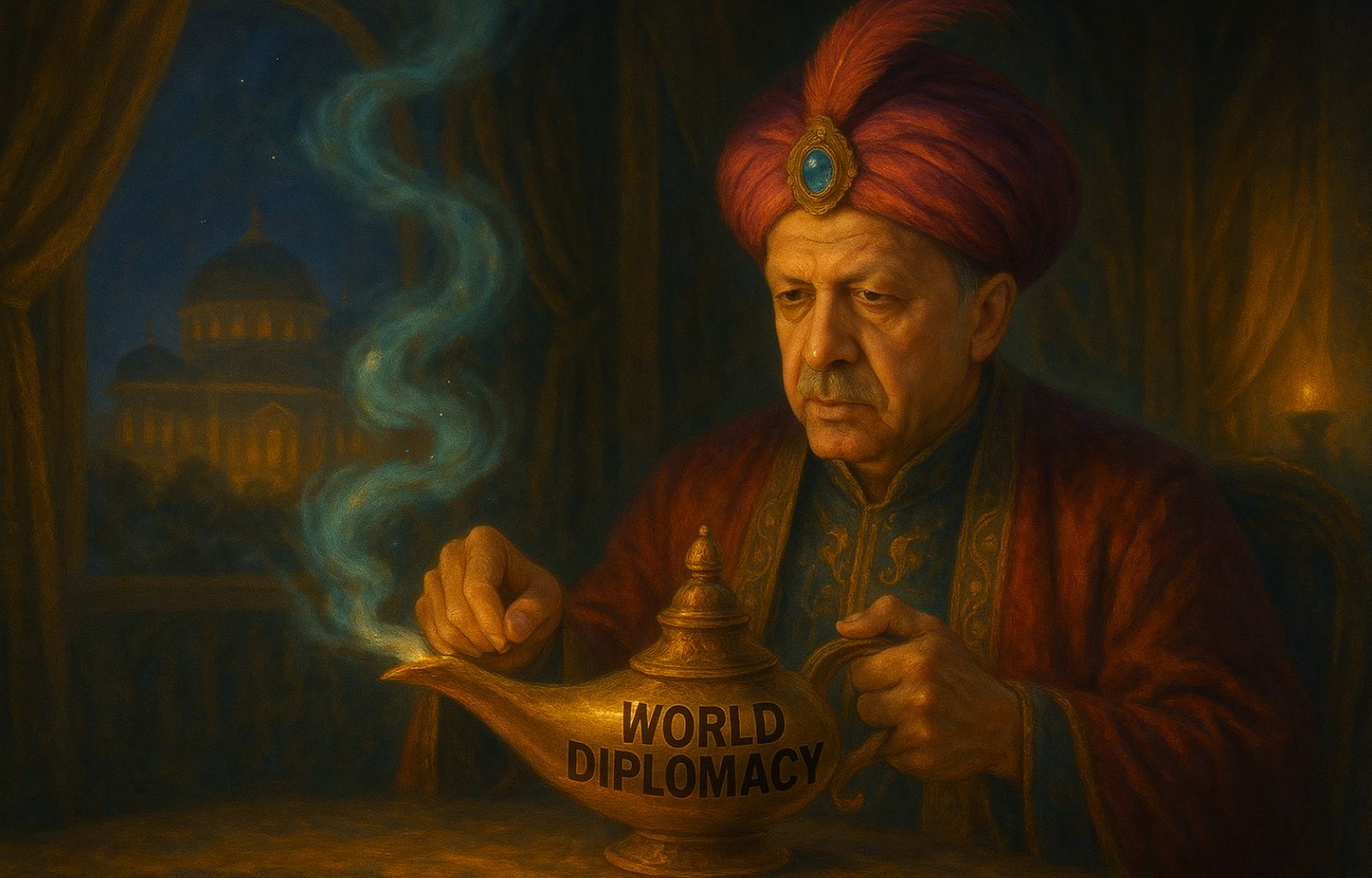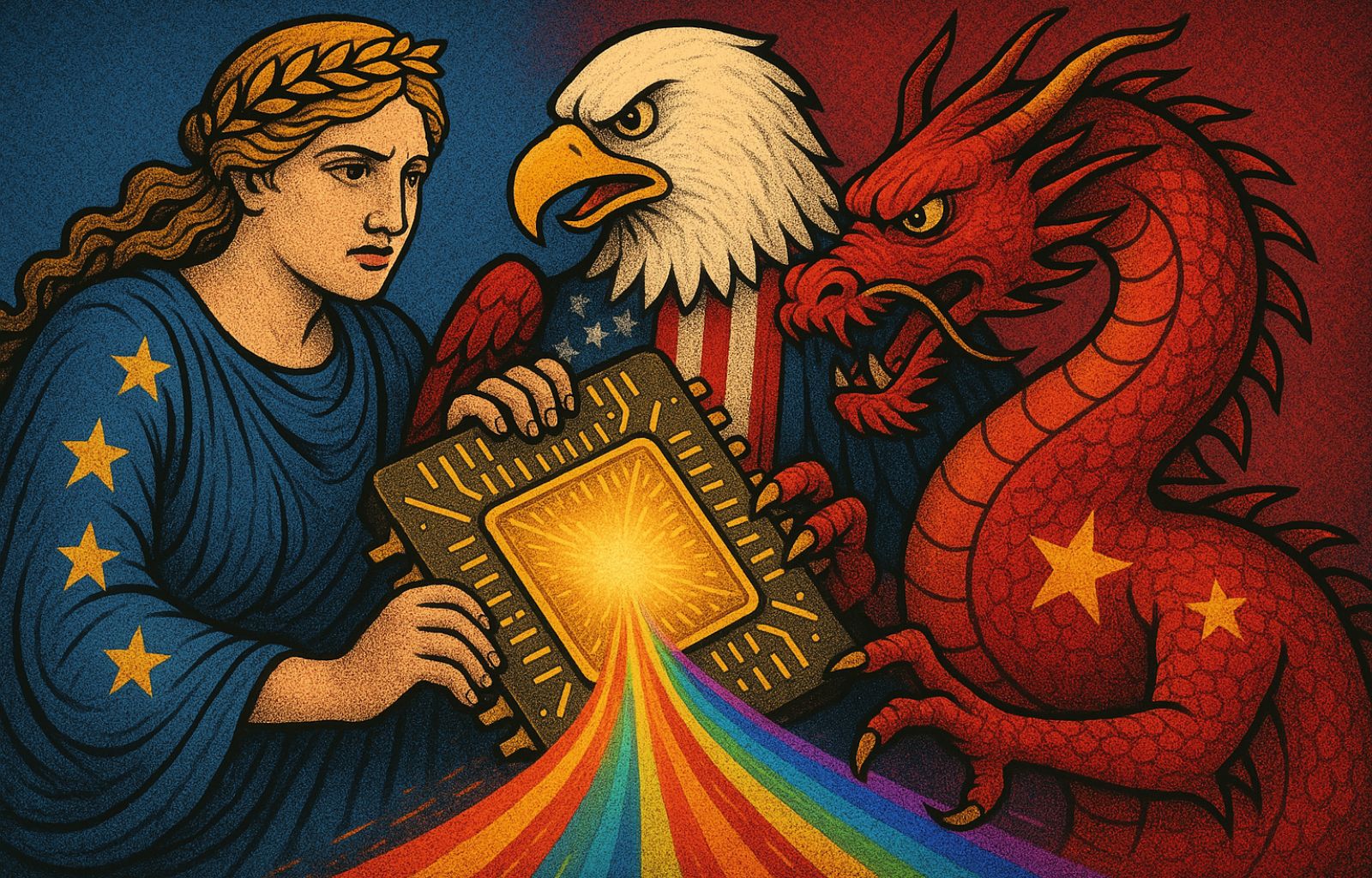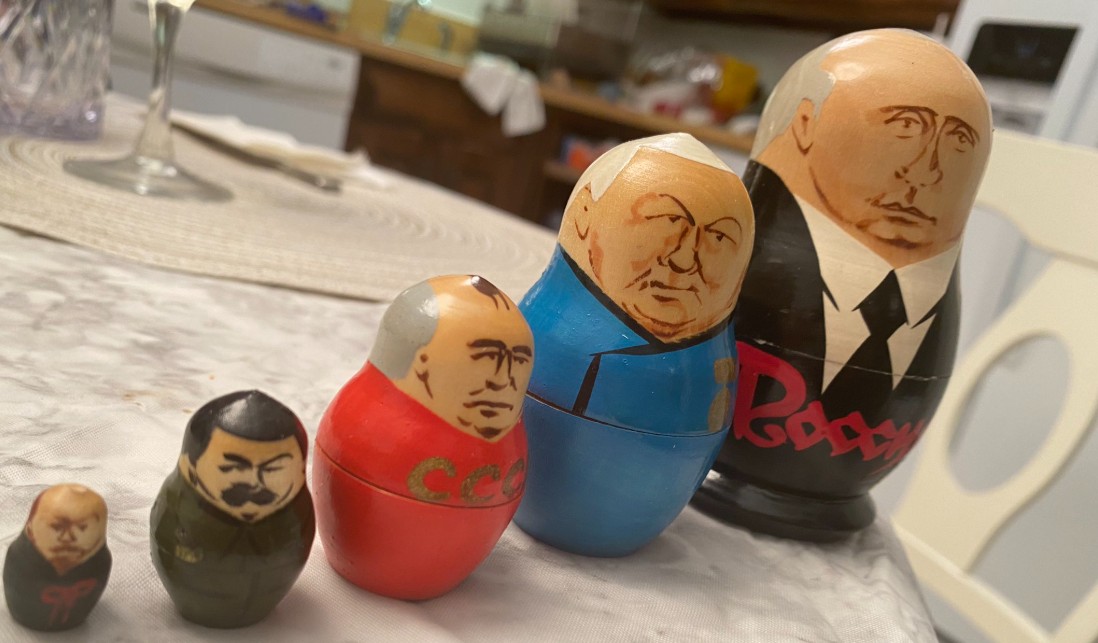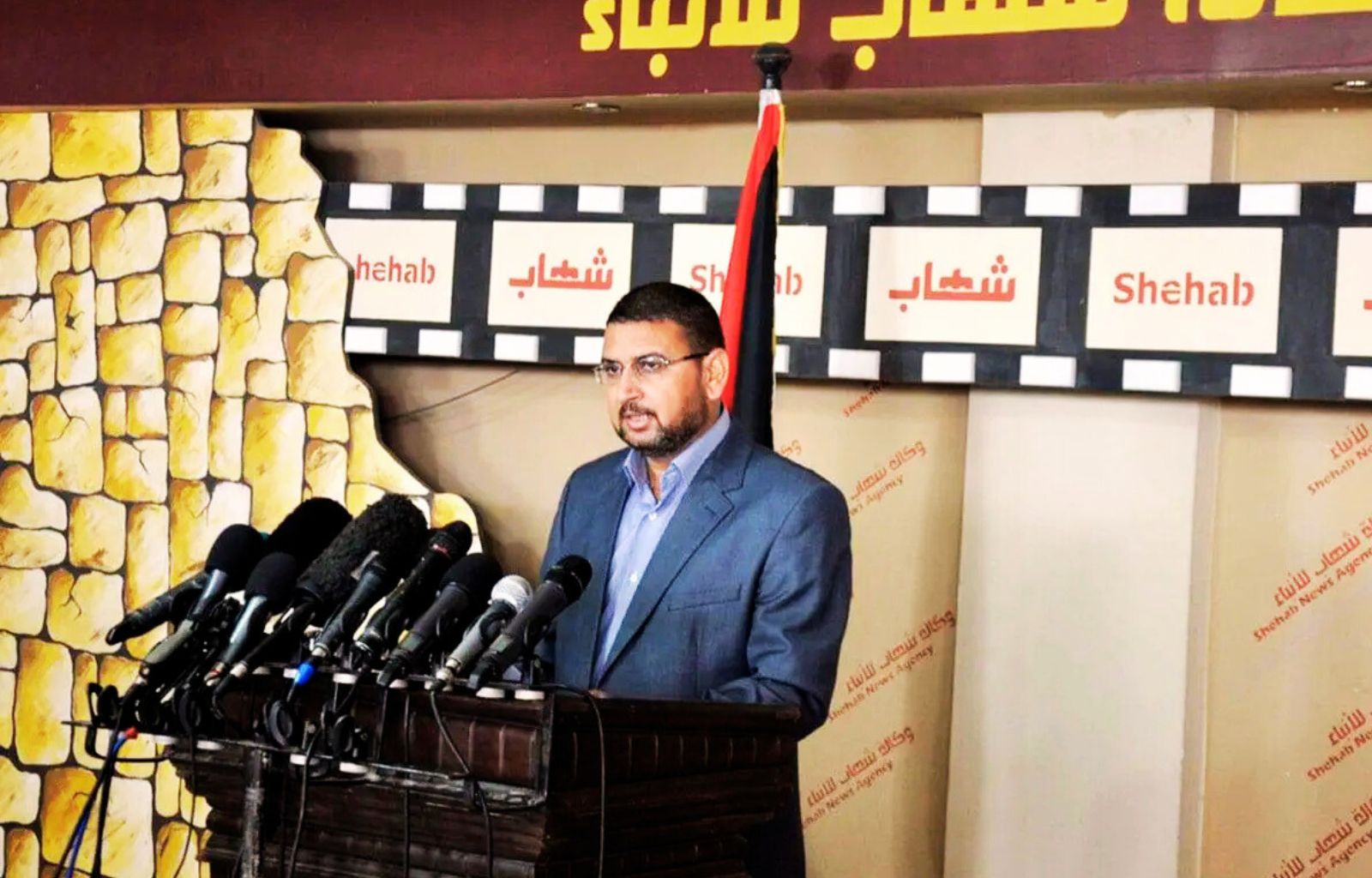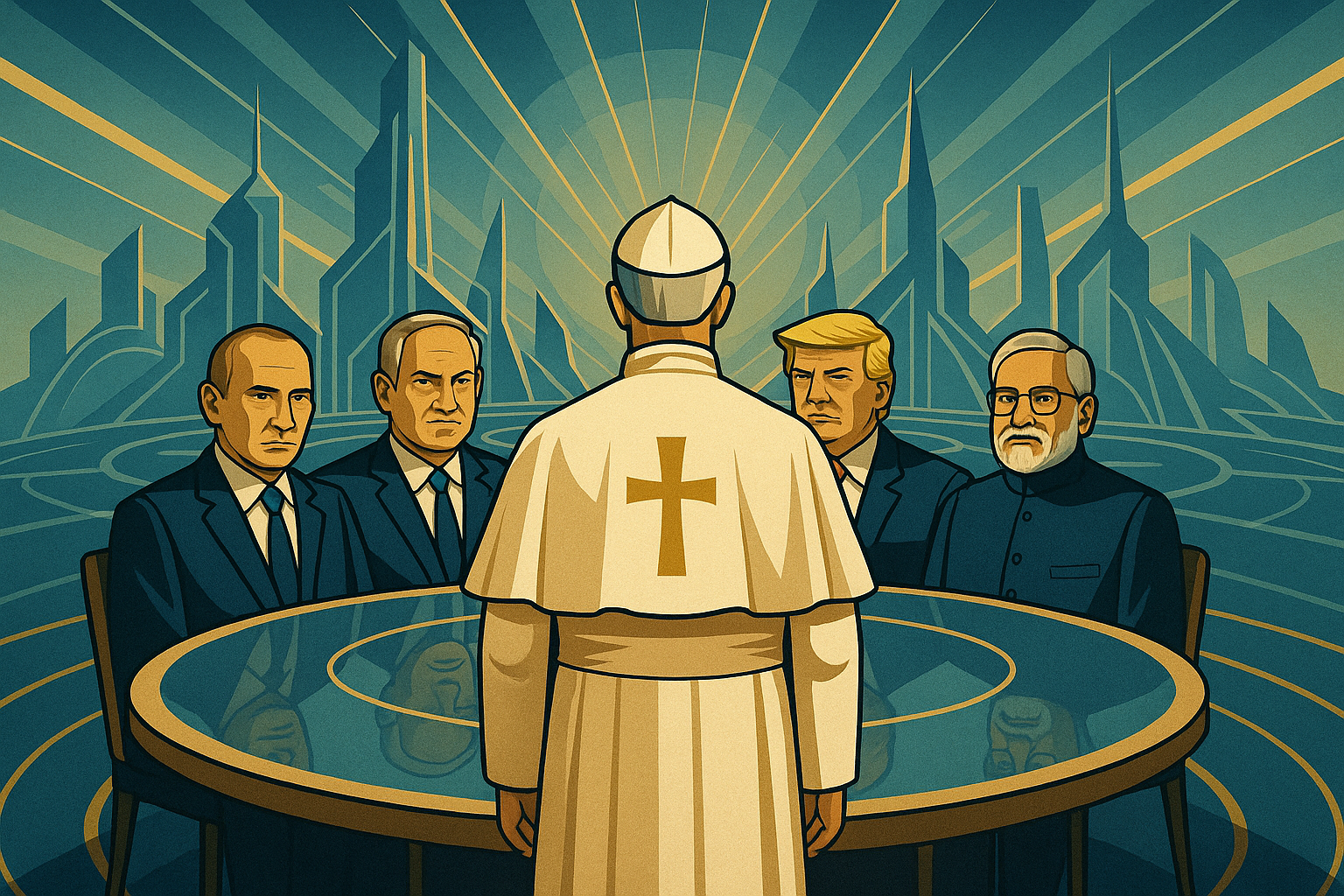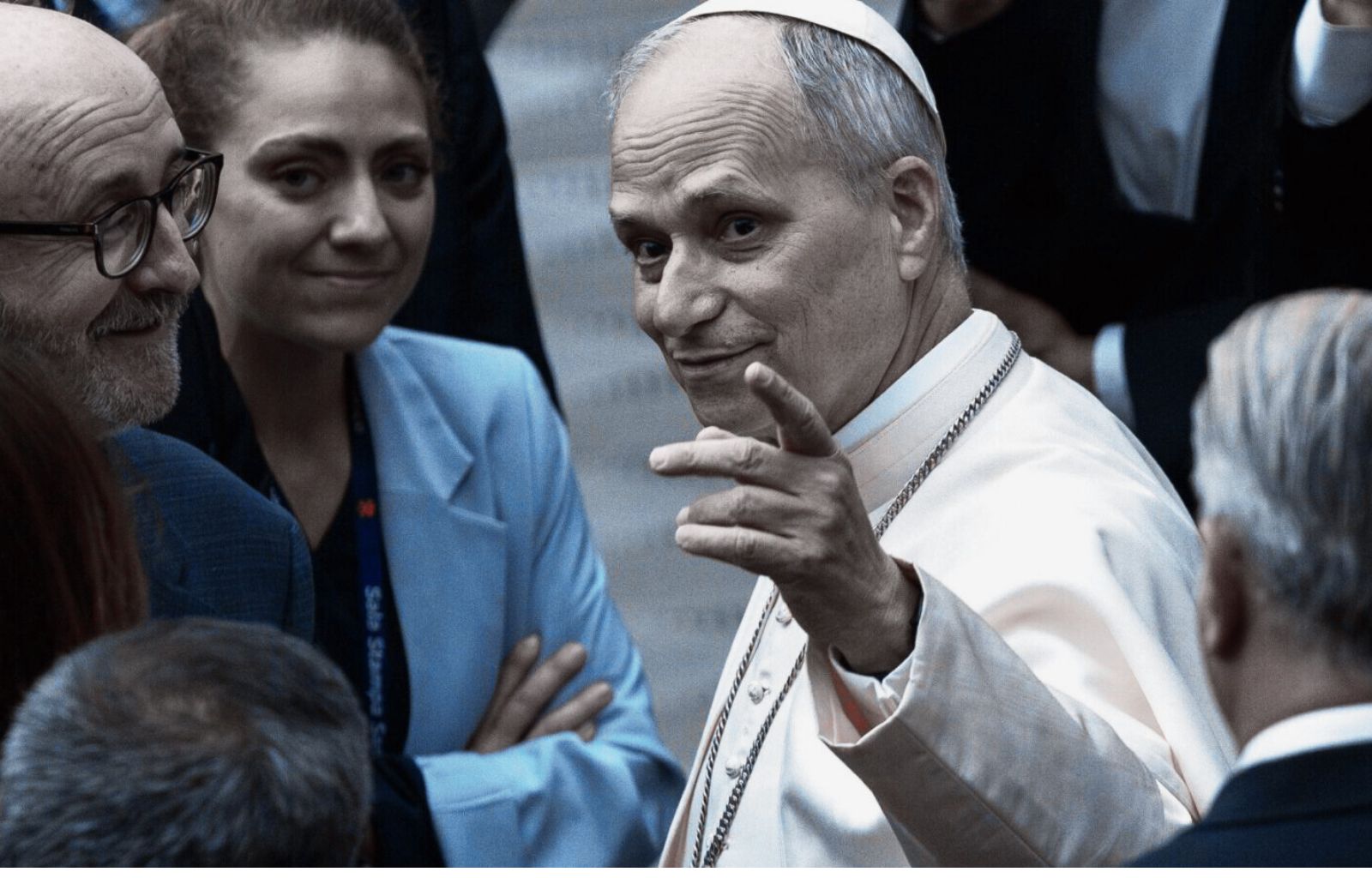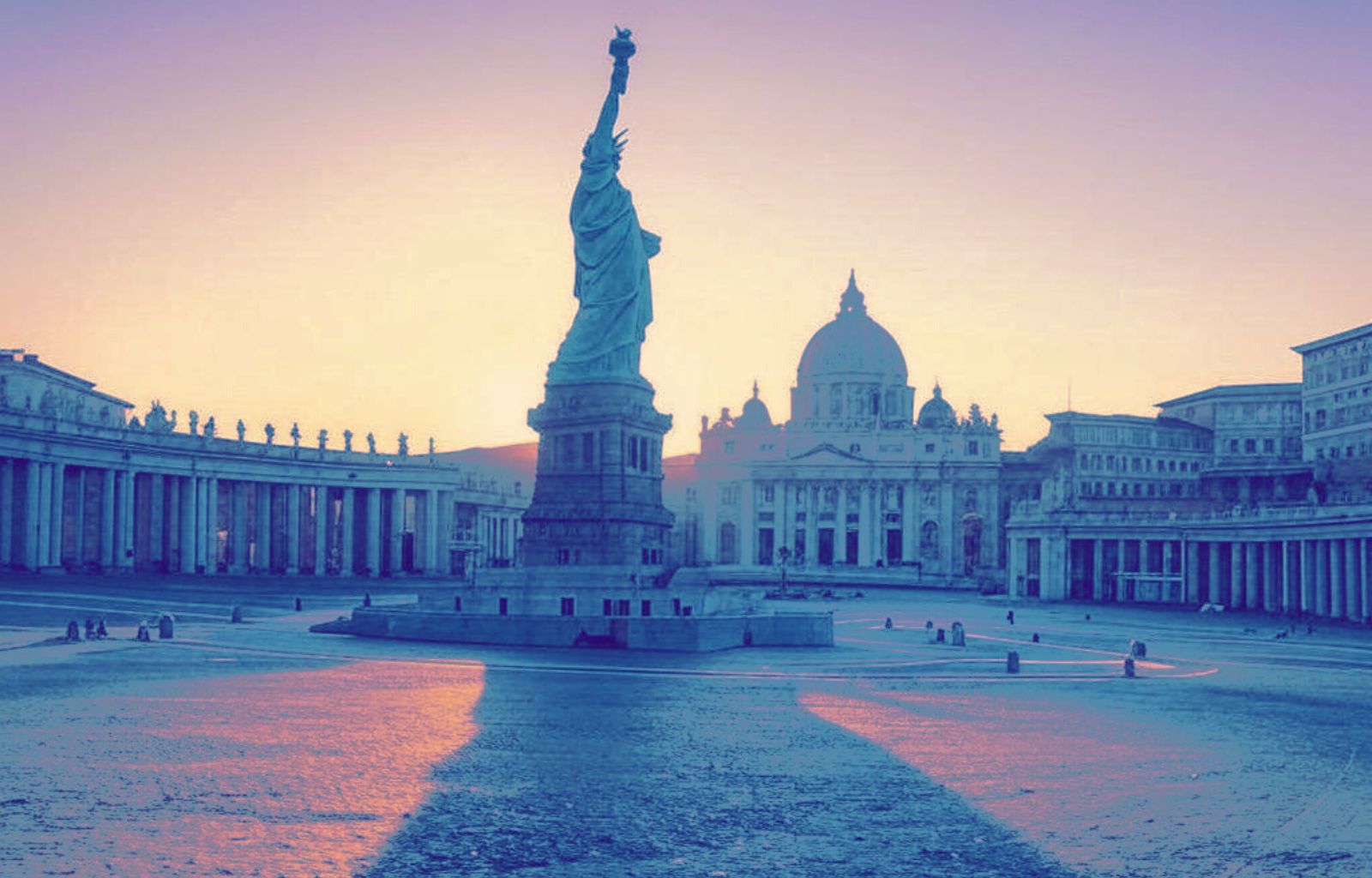Prabowo’s Indonesia, in search of (not too) balance

Dialogue after dialogue, very active on X, pictures and appointments with world leaders. This is the social face of Prabowo Subianto, President of Indonesia, former general, former Defence Minister, now emblem of a country seeking space among the giants. In photos with Joe Biden first, on the phone with Donald Trump later calling him ‘Sir’ several times (no small detail in Prabowo’s language) during his inauguration. All this, in a constant stream of posts, statements, official trips and cross-relationships, from Russia to China to the United States. But behind this almost compulsive activism – strategic, of course – one question remains: what Indonesia is Prabowo shaping? And what is its true face?
Between red squares and long shadows
A few days ago, an Indonesian delegation participated in the 9 May parade in Moscow to mark the anniversary of the victory in World War II. A seemingly symbolic gesture, but in reality deeply strategic. For Jakarta, sending its defence minister was not just a tribute to the Russian past, but a clear signal: Indonesia does not want to choose between the powers, but almost ‘dance’ between them.
A difficult dance, especially in the Indo-Pacific, where tensions between Washington and Beijing are reflected in every sea line, every naval base, every agreement. The choice to cultivate ties with Moscow – in the midst of tension with the West – may appear risky, but for Prabowo it is consistent with a multipolar vision, in which Indonesia does not want to be a periphery of any hegemony.
Yet, complicating the international strategy and posture, there are internal signals that bring back shadows from the past. What are they?
The return of the uniform
In recent months, parliament has passed a reform allowing active military personnel to occupy an increasing number of civilian positions. A shift that has rekindled fears of a re-militarisation of Indonesian politics. Prabowo, an army man, has often stated that he wants to build a strong, orderly, ‘disciplined’ state. Yet discipline imposed from above has a familiar flavour for those who remember the years of the Suharto regime, of which Prabowo himself was one of the most controversial protagonists.
Students in the streets, protests against cuts in health and education, international criticism of reforms: Indonesian civil society is warning that the balance between stability and authoritarianism could tilt dangerously towards the latter. And the risk, in a country that has made the post-1998 democratic experiment a pillar of its legitimacy, is that of slipping into a ravine that tumbles dangerously into the past.

A construction site that never sleeps (but is restless)
In parallel, the ambitious construction of the new capital, Nusantara, in the forests of Kalimantan, is turning out to be more of a propaganda construction site than a concrete work. Between videos of youtubers summoned to ‘certify’ the progress of the work and artfully constructed media operations, deeper questions are emerging: is this project really sustainable?
The relocation of the capital from Jakarta to Nusantara should meet environmental, demographic and strategic needs. But reality tells of delays, rising costs, significant ecological impacts and – above all – doubts about the real functionality of a capital city built almost from scratch. As is often the case, the futuristic vision risks being caught between ambition and realism. Meanwhile, Jakarta, slowly and inexorably, collapses under its own weight.
Energy and geopolitics, gas as a geopolitical pawn
On the energy front, meanwhile, Indonesia is carving out a leading role for itself, also thanks to the presence of foreign players such as Italy’s ENI, which has started gas production at the Merakes East field. Located off the coast of Kalimantan, the project promises almost 3 million cubic metres of gas per day, and is part of a broader plan to exploit natural resources in order to position Jakarta as a regional energy hub.
But energy is certainly also a diplomatic lever. The Kutei basin, cooperation with international companies, the growing Chinese attention to Indonesian infrastructure. All this suggests that Indonesia wants to sit at the big boys’ table not just with symbols or parades, but with concrete assets to negotiate.
An unstable balance, perhaps deliberately
Prabowo is a man who speaks little but tweets a lot. He dialogues with everyone, but does not attach himself to anyone. He maintains an identity under construction, which is based more on movement than consistency. And this, in the fluid times of geopolitics, can prove as much a weapon as a risk.
Indonesia today is more visible than ever, but also more exposed. Climate challenges threaten its islands, democratic risks preoccupy its citizens, international ambitions make it a target of courtship and suspicion.
It is Prabowo’s Indonesia, a country in search of balance. But not too much.

